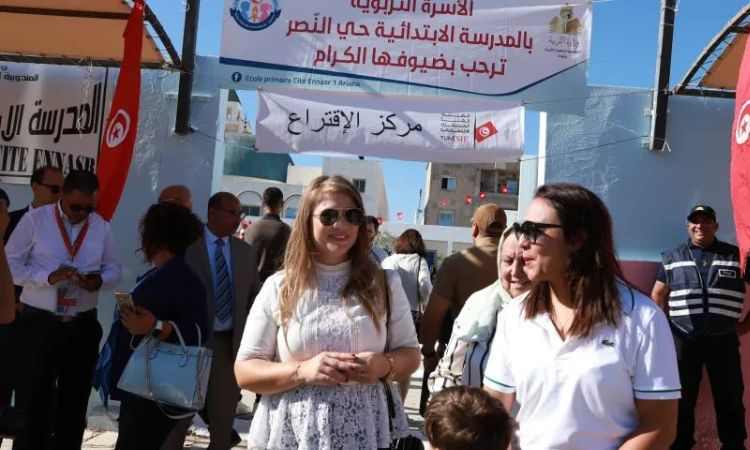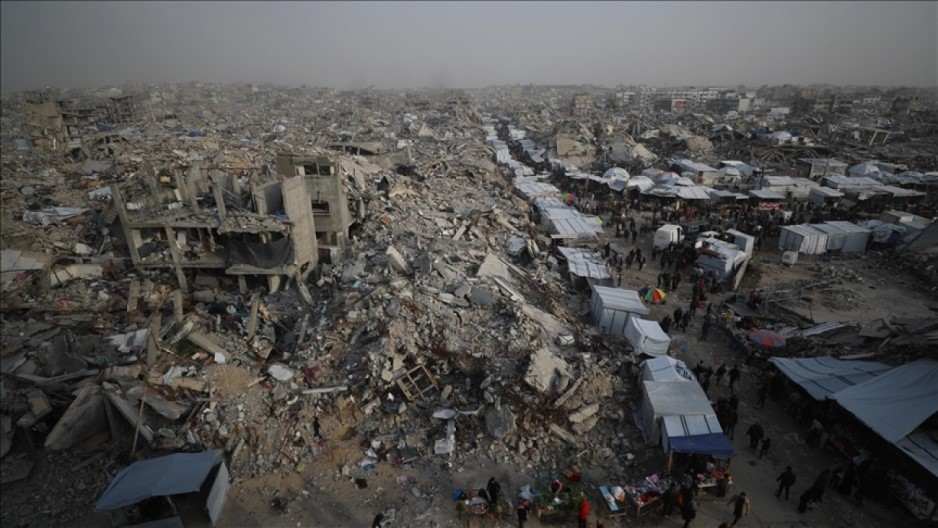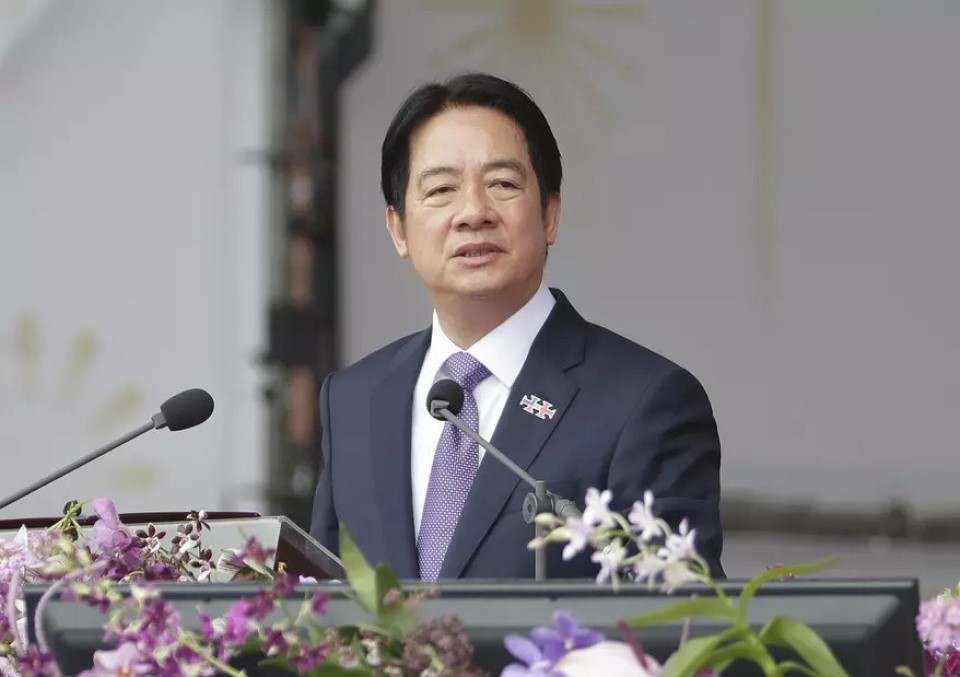Tunisians Vote as President Saied Faces Tough Election with Rival in Jail
Oct 6, 2024 / GMT+6
Tunisians are voting in an election where President Saied is trying to get re-elected. His biggest rival is in jail, and many people say Saied is taking away democratic progress.
Tunisians are voting in an important election where President Kais Saied is trying to win a second term. But the election is tense. His biggest rival has been sent to jail, and the other candidate is from a small political party.
Tunisia was once seen as a success after the 2011 Arab Spring, where people fought for more freedom and democracy. For years, the country had elections, even though they weren’t perfect.
But now, many people and human rights groups say President Saied, who has been in power since 2019, has taken away many of those freedoms. They believe he has removed important rules that kept his power in check.
President Saied, 66, disagrees with these claims. He says he is fighting corruption and protecting Tunisia from traitors in the political system. He insists that he does not want to be a dictator.
In this election, Saied faces two opponents. One of them is Zouhair Maghzaoui, leader of the Chaab Party. He used to support Saied but later became one of his critics. The other is Ayachi Zammel, who many thought would be Saied's biggest competitor, but he was jailed in September. This has made people question whether the election is fair.
In the past year, many leaders from big political parties, who do not support Saied, have also been jailed for different reasons. These parties have not publicly supported any of the candidates in this election. Many other opponents have been banned from running as well.
A man named Wael, who works at a bank in Tunis, said the situation is upsetting. “Journalists and opponents are in jail, even one of the candidates. But I will still vote for change,” he said.
The polls will close at 6 p.m. local time (1700 GMT), and the results should come out in the next two days.
Political tension has been rising since September, when an electoral commission chosen by Saied removed three important candidates from the election.
This led to protests from opposition groups and members of the public. Just last week, lawmakers who support Saied passed a law that took away the power of the administrative court to handle election disputes.
This court was seen as one of the last independent courts left after Saied dissolved the Supreme Judicial Council and fired many judges in 2022.
When the 2011 revolution happened, Tunisia’s elections were competitive, and many people voted. But over time, people became angry about the poor economy and corruption among the political elite.
Saied was elected in 2019, but in 2021, he took most of the government’s power for himself. He dissolved the elected parliament and changed the constitution.
Many people, including his critics, called this a coup. In 2022, only 30% of voters participated in a referendum to approve the new constitution. Then, in January 2023, only 11% of people voted in the election for a new parliament, which now has little power.







